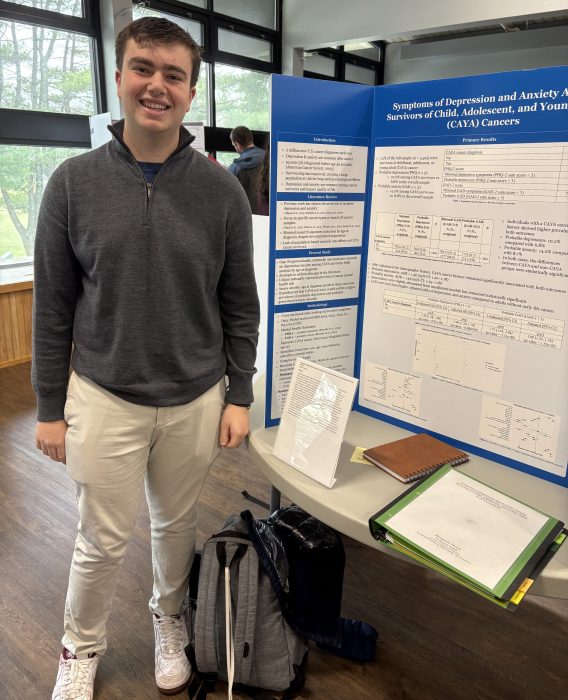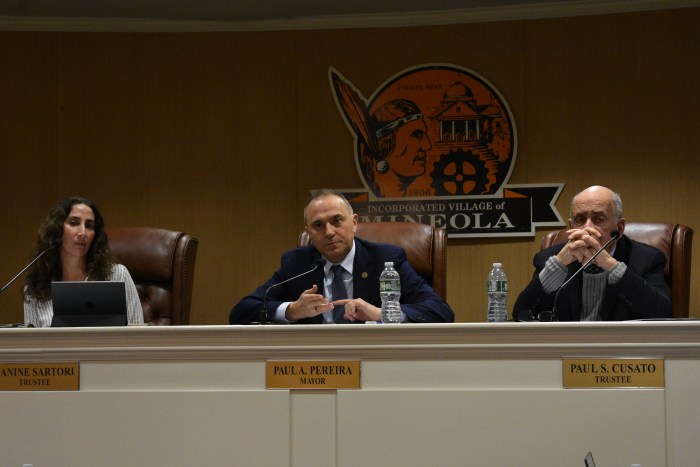A group of Great Neck residents filed a lawsuit in State Supreme Court in Nassau County regarding how the Village of Kings Point handled the environmental review of a park alienation request. Alienation is the legislative process that turns parkland into non-park use.
If the proposed bill had passed in June, 2.5 acres of Kings Point Park would have been turned into a private parking lot for the Mashadi Jewish Community of America.
The case, Capruso v. Village of Kings Point, was filed by the Pace Environmental Litigation Clinic on behalf of residents on Sept. 29.
The case alleges that the village never completed the required environmental review, nor did they provide studies or evidence regarding the environmental impact of the park’s alienation. Additionally, the case alleges the village failed to consider alternatives, including reduced parking lot size and a shuttle service.
Concerned Citizens of NY-03, a “good government” group, applauded the legal action.
“It wasn’t because we were against the alienation. It might make good sense,” said Jody Kass Finkel, founder and coordinator of Concerned Citizens of NY-03. “But it was so incredibly disrespectful to the local community who uses the park that they couldn’t get the information about what’s being planned and why, and what the mitigation was going to be for the environmental impact. How can anyone, including our elected officials, make a judgment call as to whether the park alienation is in the public interest without knowing its impact?”
Kings Point village administrator Gomie Persaud said she was not aware of an Article 78 proceeding, a lawsuit used to appeal a government action considered capricious and arbitrary, being sent to the village about the case.
The Great Neck Park District could not be reached for comment by the time of publication.
The 175-acre Kings Point Park is considered a protected wetland under the Freshwater Wetlands Act of 1975. The state Department of Environmental Conservation oversees the park, which is operated by the Great Neck Park District. The park encompasses more than five miles of hiking trails and various amenities.
In June, the state Senate passed the bill 56-3, but it then died in the state Assembly as it failed to be brought to a vote before the legislative session ended.

































